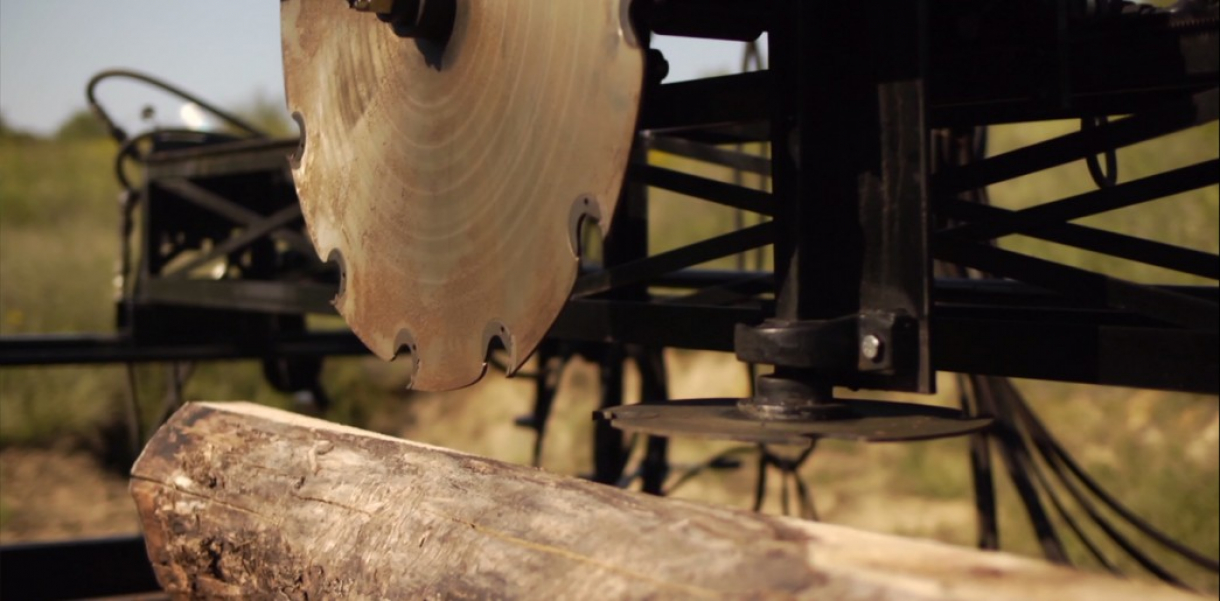If the world as we know it should end tomorrow and we needed to start rebuilding society all over again, Polish designer Marcin Jakubowski would know just where to start. He has constructed a database of the 50 most important machines needed to create a new civilization from scratch, and is working to make a prototype of a low-cost DIY version of each machine so that anyone, anywhere can build them. Just in case…
The Open Source Ecology paradigm seeks to address the rift between technology and nature, while challenging the contemporary status quo with regards to who holds the reins for the best technological products. Up to the present moment, only a few large companies have been able to provide the best technological machines, often at high cost and also while holding monopolies. At the same time, the alternatives to these technologies remain mediocre and expensive. For example, commercial brick makers typically cost around $25,000 and can make 2 to 3 bricks a minute.
The market for the 50 most necessary technologies is currently barricaded by steep costs of patents, not to mention the fiscal and ecological costs incurred by the materials needed to produce these commodities. The challenge is not only to fight protectionism and monopolies, but also to do so in a way, which empowers communities globally at the least possible costs to the environment and with the best tools.
One example of Jakubowski’s innovations is the Open Source Brick Press, which costs only $3-$5,000 and can make 9 bricks a minute. Other designs include a tractor, a pulverizer and a power unit. The key underlying concept of Open Source Ecology is the ‘open source’ concept, which encourages sharing of information and best practices in order to share knowledge and continually keep on improving the technologies. At the same time, the project seeks to bring permacultural and technological cycles together in order to address poverty and hunger by promoting the ideal of smaller, self-sustainable land economies, which empower communities to live sustainably and self-sufficiently.
The Open Source Ecology paradigm has worldwide reaching potential, which has the power to reshape how we think about technology that we use it in everyday life, and how we obtain it. The largely reduced costs of commodities coupled with sustainably sourced materials hold great promise especially for the developing world. And with a manual for a car or a modular housing unit, not only can we rebuild civilization should it ever cease to exist, but we can also rapidly accelerate the empowerment of small communities anywhere on the globe.




